Digital Sovereignty WG
The Digital Sovereignty WG focuses on the question of how German universities can gain more sovereignty over their own digital infrastructure, IT solutions and data in order to become more independent of external providers.
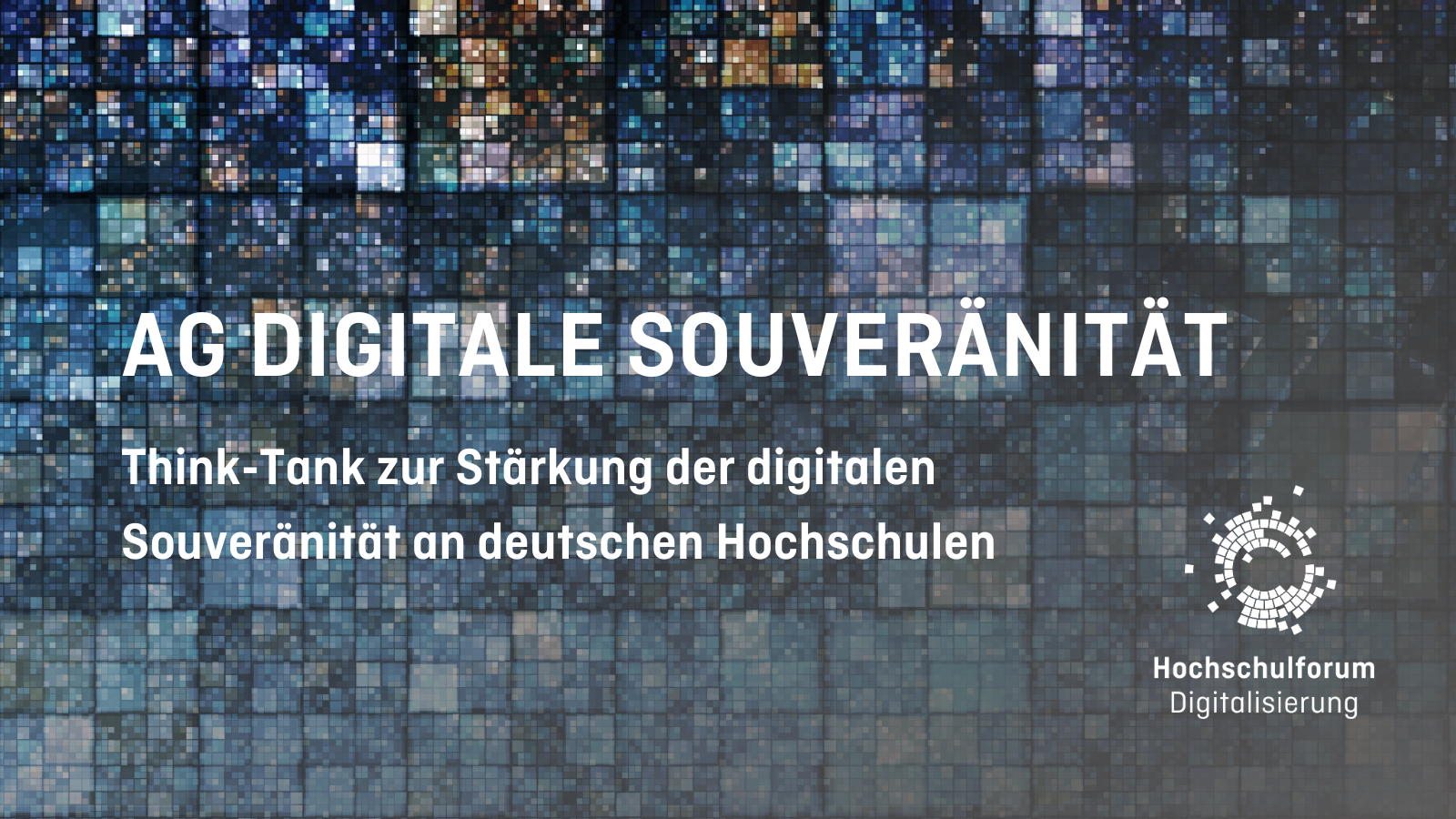
As part of a working group, the HFD oversees this think tank with the thematic focus “Digital Sovereignty”, which aims in particular to make visible the multifaceted nature of this term and the challenges that therefore arise for university managements in strategic orientations: the dependence on profit-oriented private-sector providers in the digital infrastructure, data security and data protection, control over (own) data, the ability of employees to handle data securely. These and other aspects form perspectives and questions around the concept of digital sovereignty. The use of the term is increasing and countries as well as universities are funding numerous projects for self-activation and for the elicitation of fields of action. The discourse on terminology is still in its infancy and a common strategy or even an agreement on what to talk about is hardly foreseeable in the immediate future. A critical examination of higher education strategies and the question of decision-making responsibility and need for action should lead to clarification and recommendations for the higher education policy decision-making level, so that in the long term higher education institutions can gain sovereignty over their own data.
Background
Even before the Corona pandemic, the topic of “digital sovereignty” was virulent in higher education and was addressed in a timely manner in the Hochschulforum Digitalisierung (see final declaration of HFDcon 2019).
Here, too, the pandemic has acted as a catalyst, making existing problems more visible. This includes the fact that with the forced switch to digital teaching, it became apparent within a few weeks that only a few universities in Germany had the server capacity for video-based distance learning in full operation. Likewise, data-sovereign self-hosted open source solutions remained and remain the exception. Instead, dependence on and use of external proprietary offerings increased, for example with regard to video conferencing tools.
The same was and still is true for collaborative office and sync & share software: In many cases, proprietary and thus, from a data protection perspective, critical, market-dominating providers were used. In terms of data protection-compliant and secure IT solutions and infrastructures, individual universities have so far only been able to offer local solutions. University networks also reach their limits and want to use or make use of their solutions outside their own network.
Overall, there is a need to break down the dependency on digital infrastructure and solutions at German universities, which continues to manifest itself, and to transfer this dependency to more permanent solutions or to consider alternatives. Data protection-compliant and secure IT solutions are also essential in light of the fact that the increasing use of algorithms and AI (learning analytics) in the future will generate even more data that needs to be protected. The “digitized European Higher Education Area will also essentially be an educational data space”(J. Lentsch; 2021).
Destination
The think tank “Digital Sovereignty” wants to contribute to the development of joint solution concepts or alternatives to previous solutions that enable universities to promote sovereignty over their own digital infrastructure and data and thus be more independent vis-à-vis external providers. Through a separate study, an attempt will be made to cluster the numerous aspects of Digital Sovereignty, to name their weighting and frequency, and to contribute to the conceptual dicourse. The study will be published in the summer of 2023.
The subsequent final paper of the WG specifically addresses the strategic level of universities and the decision-making level of education policy. Individual contributions by WG members provide access to the complex subject of digital sovereignty.
Mitglieder der AG Digitale Souveränität

Prof. Dr. Joachim Metzner (AG-Vorsitzender)
1989−2012 Rektor/Präsident der damaligen Fachhochschule Köln; Leitung des Netzwerks Hochschullehre im HFD; 2008−2014 Vizepräsident der HRK, mit dem Aufgabengebiet Digitale Infrastruktur
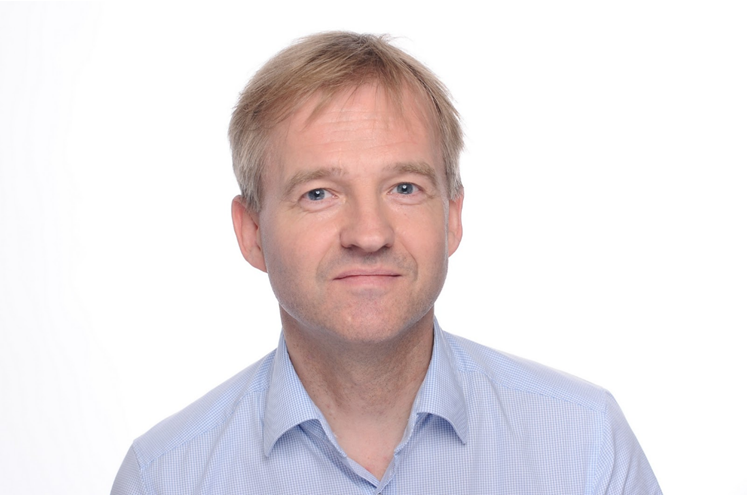
Malte Dreyer
Direktor, Computer- und Medienservice der Humboldt-Universität zu Berlin; Sprecher des ZKI AK Strategie und Organisation
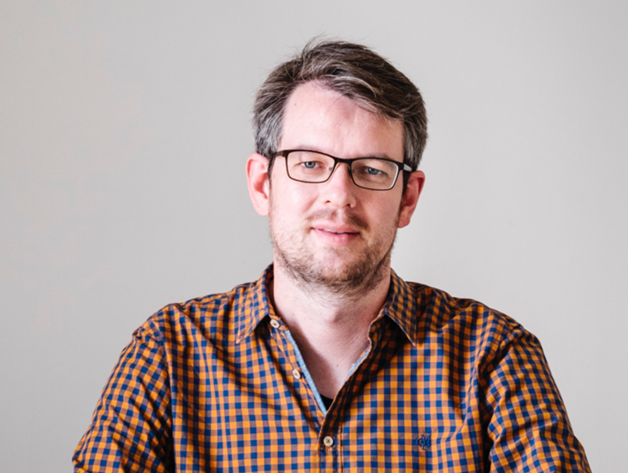
Kornelis Kater
Leiter des Teams ZQS/E-Learning Service an der Leibniz Universität Hannover, Vorstand von Stud.IP e.V., Vertreter der Initiative Open Source
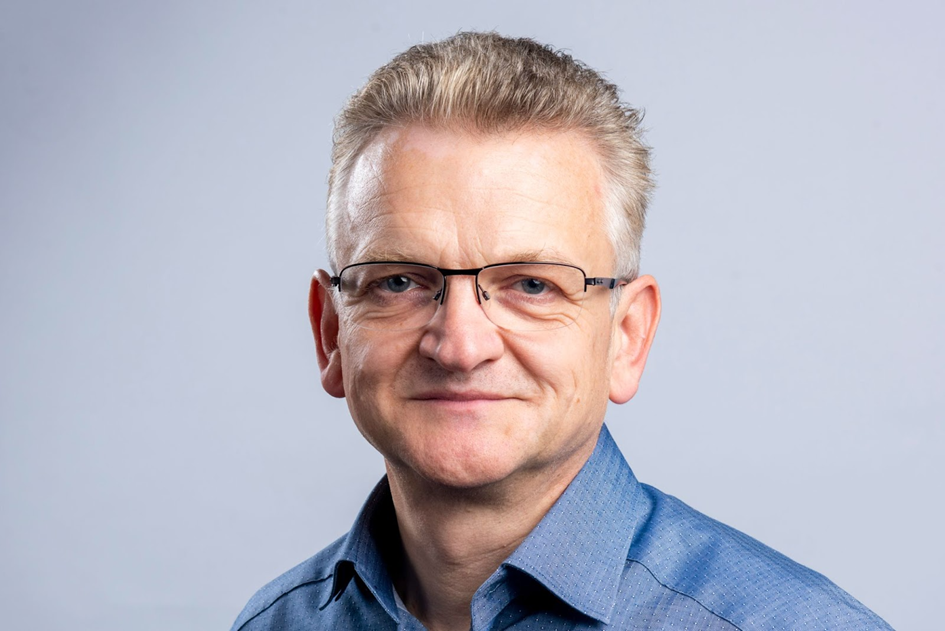
Boguslaw Malys
Vorstandsvorsitzender der Deutschen Initiative für Netzwerkinformation e.V.; Leiter des Multimediazentrums Brandenburgische Technische Universität Cottbus- Senftenberg
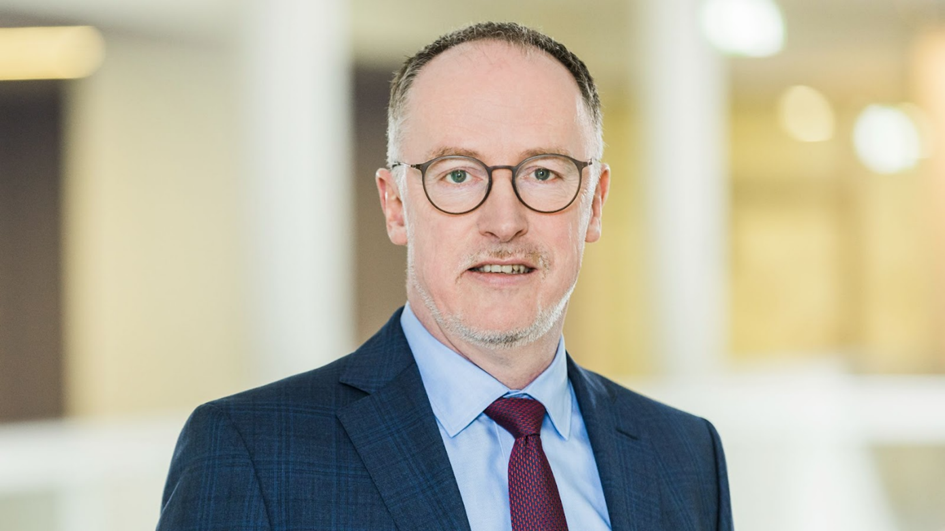
Jens Andreas Meinen
Kanzler der Universität Duisburg-Essen
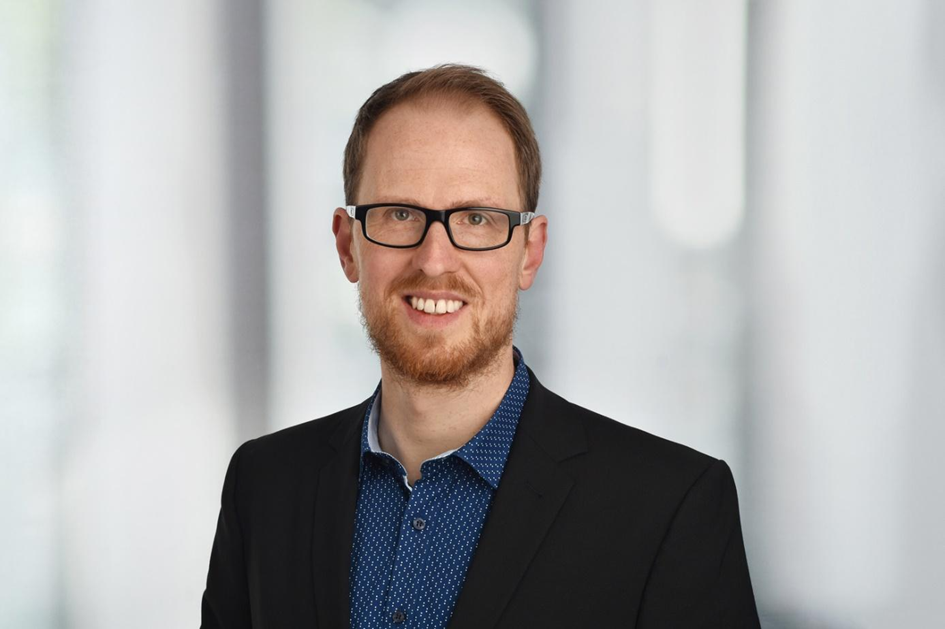
Felix Sühlmann-Faul
Techniksoziologe, Speaker, Berater und Autor mit Spezialisierung auf Digitalisierung und Nachhaltigkeit
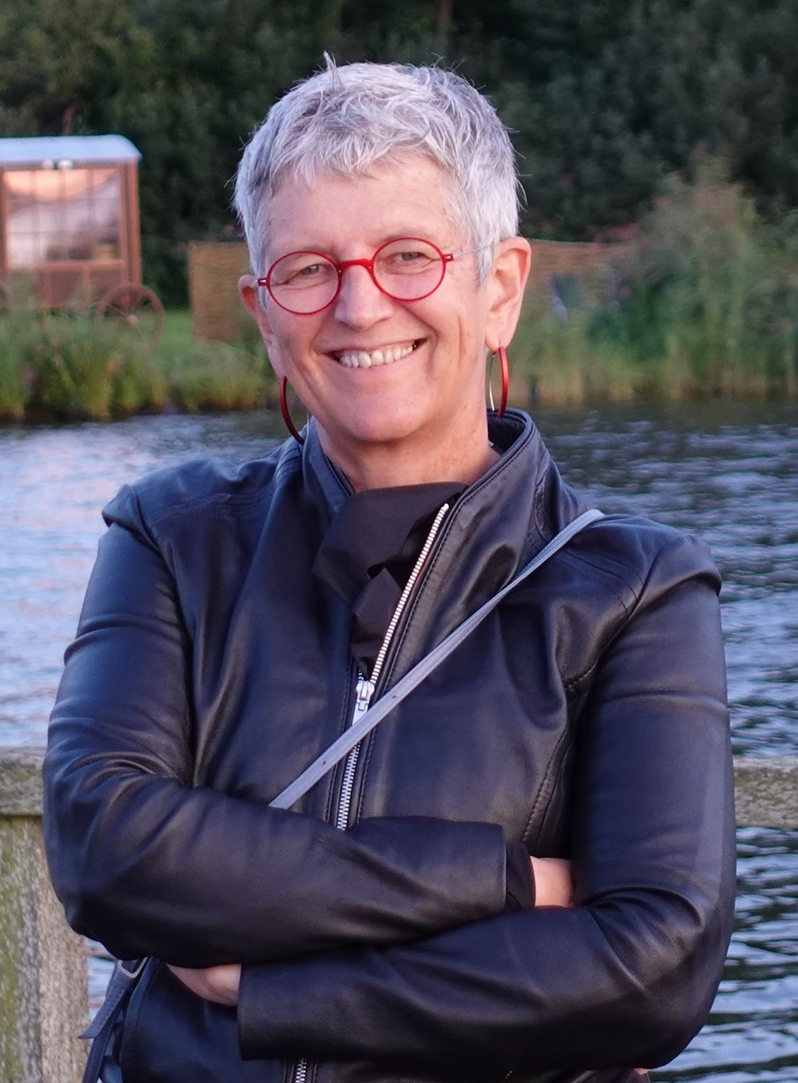
Prof. Dr. Karin Vosseberg
Professorin in den Bachelorstudiengängen Informatik und Wirtschaftsinformatik sowie dem Masterstudiengang Digitalisierung, Innovation und Informationsmanagement an der Hochschule Bremerhaven

Prof. Dr. Ramin Yahyapour
Geschäftsführer der GWDG, einer gemeinsamen Einrichtung der Georg-August-Universität Göttingen und der Max-Planck-Gesellschaft; Professor für Praktische Informatik an die Georg-August-Universität Göttingen

Dr. Norbert Kleinefeld
Verbundkoordinator SOUVER@N und Geschäftsführer ELAN e.V.

Dr. Justus Lentsch
Referatsleiter im Ministerium Wissenschaft, Forschung, Kunst, Baden-Württemberg
Contact:
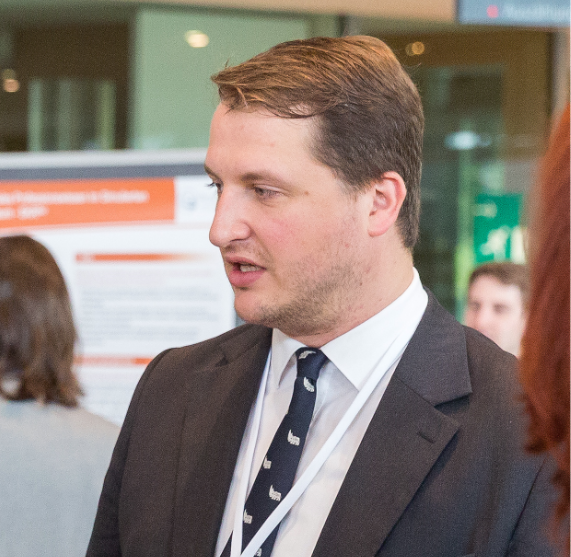 Uwe Reckzeh-Stein
Uwe Reckzeh-Stein
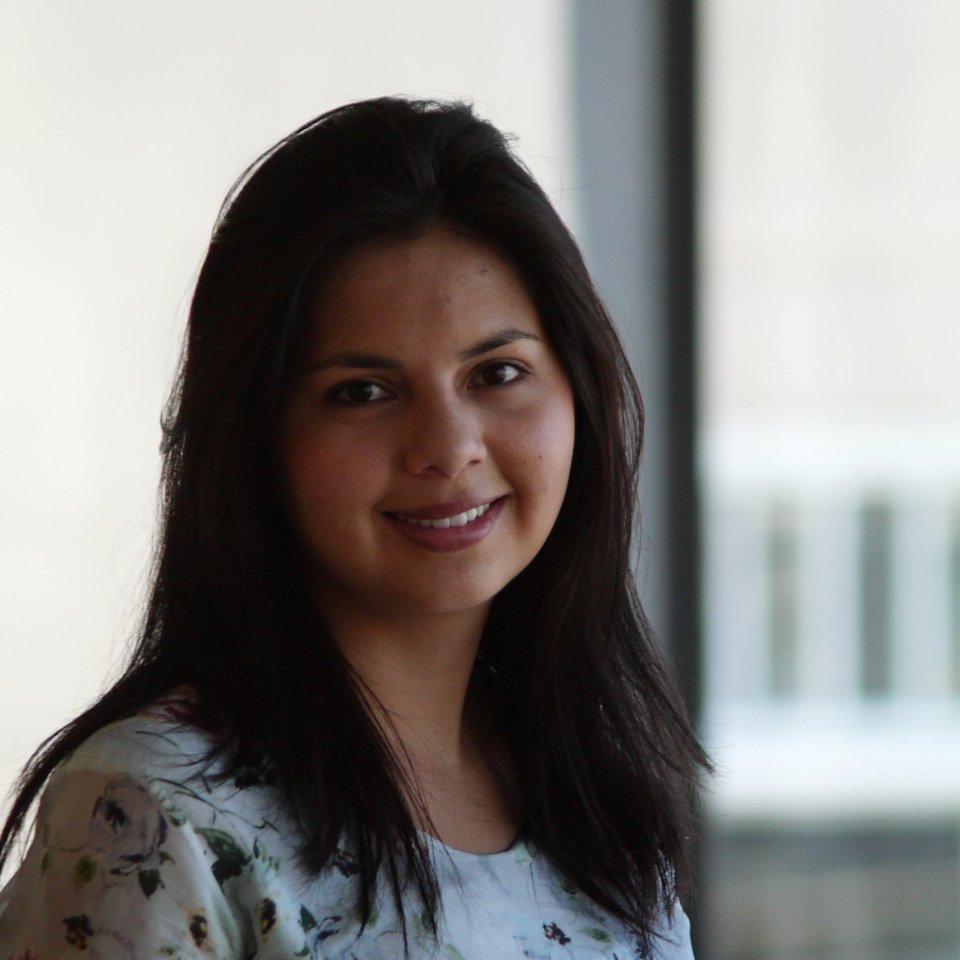 Estefania Velasquez
Estefania Velasquez
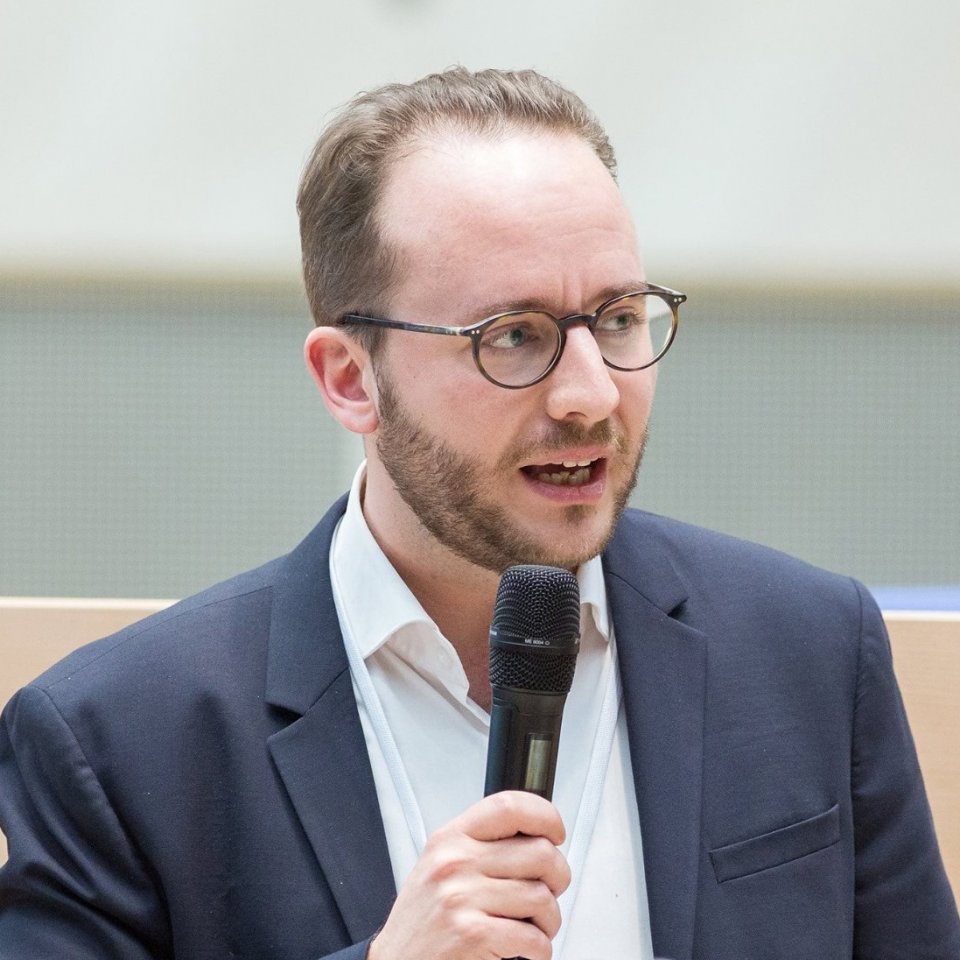 Martin Wan
Martin Wan
